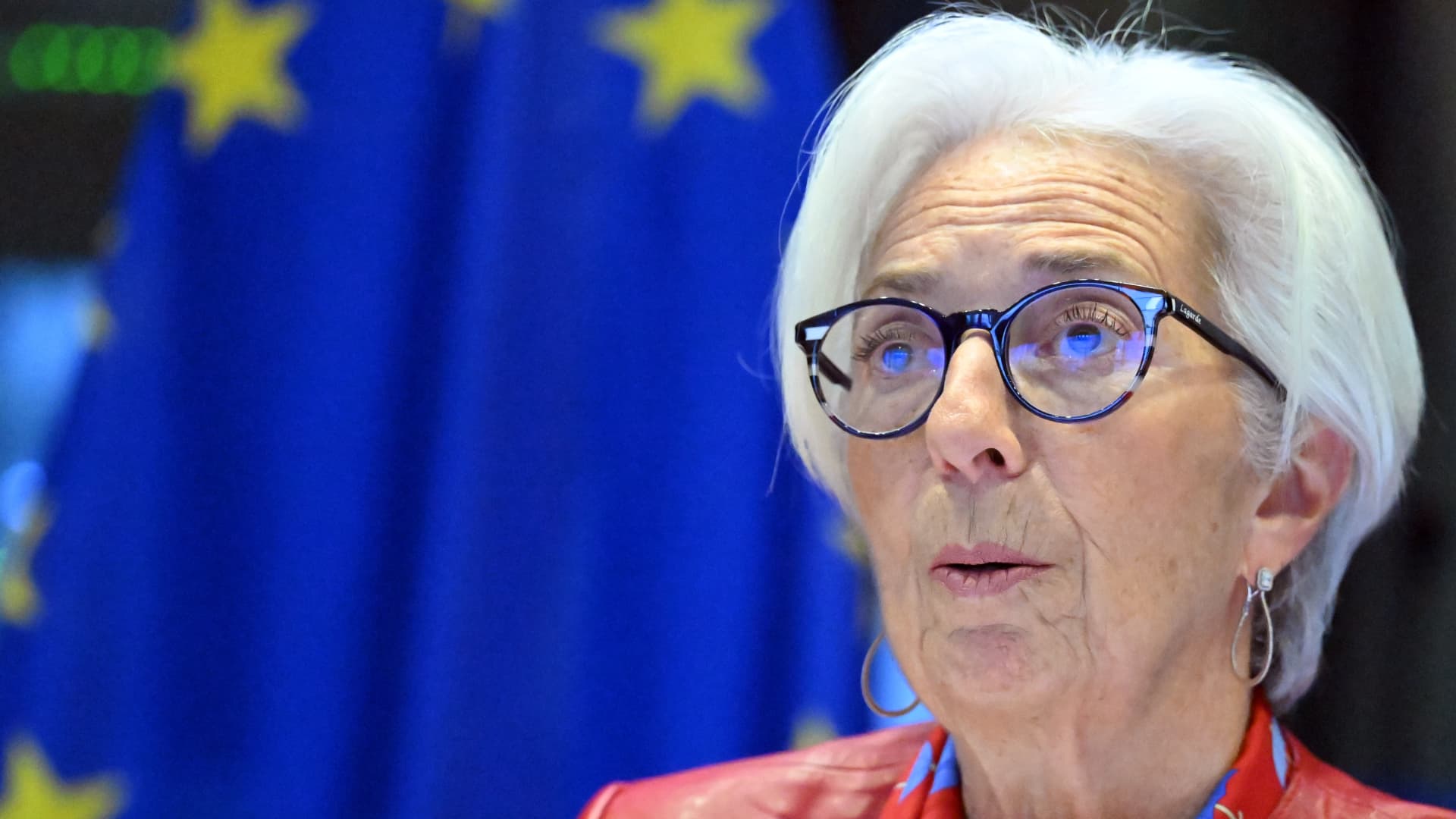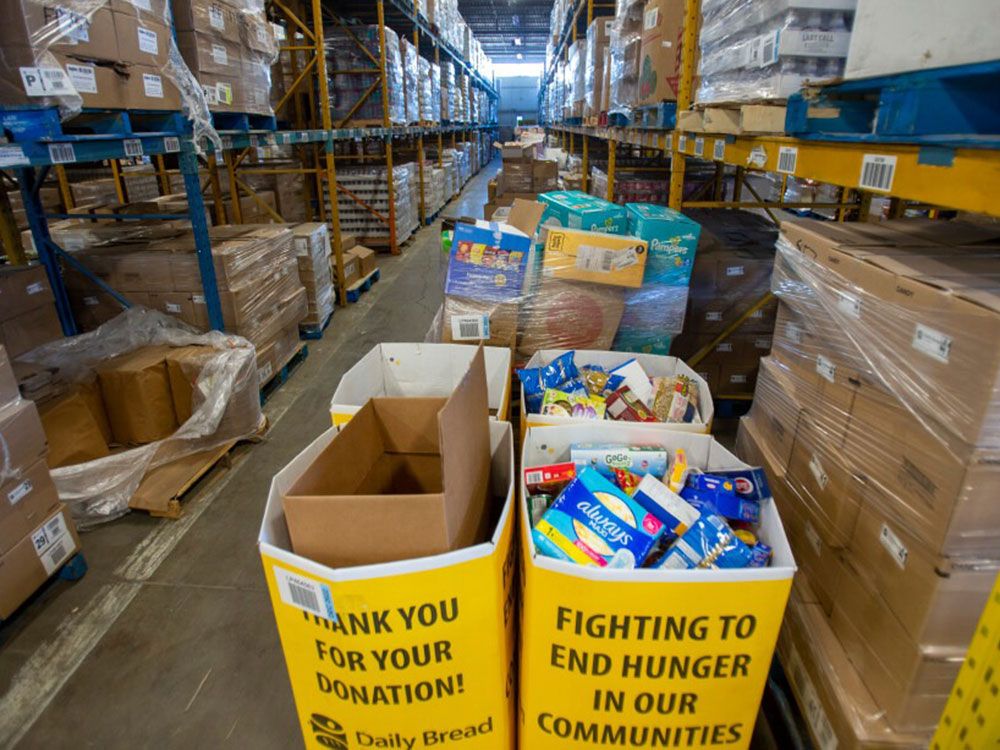Fed’s Esther George sees risks building of double-dip recession

Kansas City Federal Reserve President Esther George said the recession that began in February could revisit the economy if the coronavirus pandemic intensifies.
“An important risk to that outlook is thinking about what happens as we come into the fall, whether we see any resurgence in the virus that would cause an additional pullback in the economy,” the central bank official told CNBC in an interview aired Wednesday on CNBC’s “Squawk Box.” “We’ll monitor that carefully to see whether that plays out.”
However, she said the baseline is “we’ll continue to build growth” and did not commit to any further policy actions from the Fed, which already has cut short-term borrowing rates to near zero and instituted nearly a dozen lending and liquidity programs.
“Financial conditions are very accommodative. We have low rates, we still have capacity in those credit facilities,” George said. “So I think it’s too soon to try to speculate on whatever else might be needed, other than to say the Federal Reserve is gonna be very vigilant on that and be prepared to respond if they would have to.”
George spoke to CNBC’s Steve Liesman at a virtual version of the Fed’s annual Jackson Hole, Wyoming symposium, which the Kansas City Fed hosts.
The conference comes at an important time for the central bank, as it plots the path ahead after growth collapsed in the second quarter due to measures aimed at containing the virus.
Chairman Jerome Powell delivers the keynote address Thursday and is expected to outline a policy where the Fed will commit to keeping short-term interest rates anchored near zero until it achieves price stability and gets the economy back to full employment.
Part of that could include allowing inflation to run hotter than the Fed’s 2% objective for a while, particularly if it continues to hold below the target. However, George indicated that everyone on the Fed may not be on board with the new philosophy.
“I’m not an advocate of letting inflation run hot, because I’m not sure what people mean by that,” she said. “I think we are bound to achieve price stability. That’s part of our mandate.”




